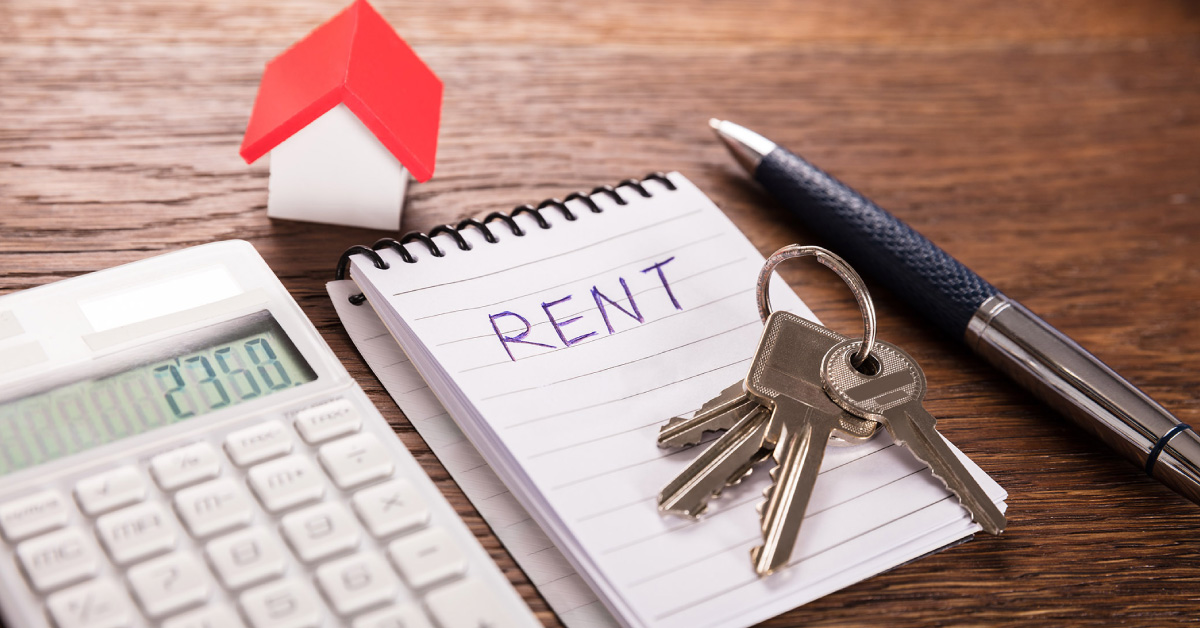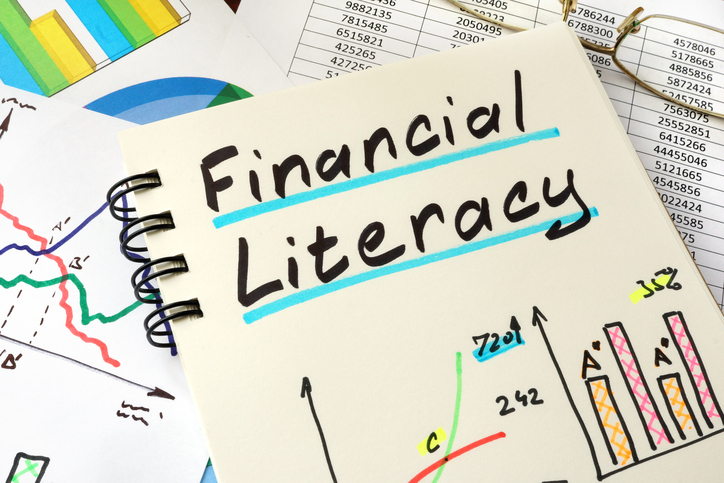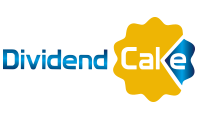When it comes to buying vs. renting a house, there is always a passionate debate about which makes the most financial sense. Recently I read in an Investors Facebook group an interesting calculation making the comparison between buying a house or renting and investing. The author Jim S. made a comparison between buying a house with tax deduction and paying off the bank loan versus renting and passive investing.
In this blog post we will review the two options and let’s end with our own personal opinion.
1. Financial Starting Point
So let’s use the Excel worksheet of Jim S. for comparison of buying versus renting + investing. You buy a small house for 220.000 Euro and negotiate a 2% fixed mortgage rate. With your government taxes and deductions, you have a negative cash flow of 11.000 Euro for the first year. When you rent for 640 Euro, you have an inflation increase of 2,78%. Your investments return a dividend return of 2,5%. You can download the excel sheet below this blogpost and change for your country.
For people from the USA, the NYTimes published in 2014 an incredibly helpful calculator that made it easy to calculate whether you’d be better off renting or buying a home. The more accurate your assumptions, the more accurate your results will be.

2. Buying a House
A common argument for buying is, ‘Why would you pay monthly rent to a landlord instead of building equity in a home for yourself?’ In Belgium I think everyone is born with a brick in their stomach and it is a given that everyone wants to become a homeowner eventually. I travelled to more than 20 countries and noticed the difference on how people think differently about this topic.
People who buy a house are convinced that real estate will always appreciate. Eric Tyson, MBA, summarises the Pros and Cons of both options perfectly in his article
“Renting vs. Owning: Pros and Cons You Should Consider Before You Sign a Lease or a Mortgage”
Erik is an internationally acclaimed and best-selling personal finance author, counselor, and writer. He is the author of five national best-selling financial books including Investing For Dummies, Personal Finance For Dummies, and Home Buying Kit For Dummies. Here you can read the Home Ownership Pros.
Home Ownership Pros
With a fixed-rate mortgage, your monthly payment never increases. With a fixed monthly payment, you can budget with confidence. However, Tyson points out that your property taxes, homeowners insurance, and maintenance expenses will likely increase with the cost of living.
As a homeowner, you build equity in your property. That equity can be significant by the time you retire.
Owning may cost less than renting in some areas. This is especially true if you have the opportunity to buy at lower prices that occur after a decline in home values that sometimes occurs (usually around the time of a recession).
Mortgage interest and property tax payments for your home are generally tax-deductible.
It’s a good option if you’re planning to stay put. Financially speaking, buying a home begins to make more financial sense if you anticipate being in your home for three to five years or more.
There are plenty of options in the real estate market. When buying, you’re sure to find a housing option that’s right for you.
Home Ownership Cons
You could end up overpaying or paying more than you can afford. Buying a home can be financially rewarding, but owning a property is a big financial commitment that may backfire if you get in over your head or overpay.
Putting 20 percent down is a steep price for twentysomethings. “Many people, especially people in their 20s, don’t have enough cash on hand to make the standard down payment of about 20 percent of the property’s purchase price,” says Tyson.
The associated costs with buying are also high. Buying and selling a property entails a lot of expenses, including the cost of getting a mortgage, inspection expenses, moving costs, real estate agents’ commissions, and title insurance. To cover these transaction costs plus the additional costs of ownership, a property needs to appreciate about 15 percent during the tenure of your ownership.
Financial Result Jim’s Calculation
So after paying off the mortgage of 25 years and after 60 years your total net worth will be 1,135,618.64 € with the assumption that this is only your house appreciation.
2. Renting a house and Investing
After seeing that long list of expenses, it might start to sink in that the cost to rent can certainly be lower than the cost of homeownership. A common rule of thumb is to not purchase a home if you know you won’t live there for at least five years. In reality, there are many financial reasons why renting may be more compelling. You also need to make sure you understand whether you are even in a good position to buy a house. Your finances are not your only consideration either. If your social, professional AND financial lives aren’t in order, now is probably not the right time to be buying. Eric Tyson lists out the Pros and Cons of renting.
Renting Pros
You aren’t responsible for fixing up the property. “When you rent, you don’t have to worry about the headache of maintaining your home,” says Tyson. “That’s your landlord’s job.”
 You have more financial and psychological flexibility. Especially in your younger years, you may not be sure that you’ll stay with your current employer or chosen career. Should you change direction in the future, you may not want the financial overhead that comes with a mortgage, says Tyson. If you do decide to move, you can generally do so a lot more easily as a renter than you can as a homeowner.
You have more financial and psychological flexibility. Especially in your younger years, you may not be sure that you’ll stay with your current employer or chosen career. Should you change direction in the future, you may not want the financial overhead that comes with a mortgage, says Tyson. If you do decide to move, you can generally do so a lot more easily as a renter than you can as a homeowner.
You can have all your money in financial assets that you can tap into more easily. Some people enter their retirement years with a substantial portion of their wealth tied up in their home, a challenge that you don’t face when renting.
It’s a great opportunity to test living in an area where you may want to buy. If you’re gearing up to purchase a home, renting gives you a chance to try out the area in which you think you’d most like to buy.
It may help you achieve big financial goals. “Some of the financially successful renters I’ve known include people who pay relatively low rent, either because they live in small housing and/or have roommates, or they live in a rent-controlled building,” says Tyson. “Some young adults live with a family member who provides them with a good deal on rent, which can have benefits. If you can consistently save 10 percent or more of your earnings, which you may be able to do through a low-cost rental, you’re probably on track to achieving your financial goals.”
Renting Cons
When you rent, your entire monthly rent is subject to inflation. Of course, Tyson points out that living in a rent-controlled unit, where the annual increase allowed in your rent is capped, is the exception to this rule.
Landlords tend to want long-term tenants. “Most landlords prefer tenants who are stable renters and who remain for long periods of time,” says Tyson. “If you don’t expect to stay in an apartment much more than a year or two, that’s probably better left unsaid.”
You don’t get to own the property. After paying all that rent, the property isn’t yours at the end of the day.
Financial Result Jim’s Calculation
So after paying 25 years of rent, the property is indeed still not yours at the end of the day. But what will happen if you invest the cash into index funds and/or dividend aristocrats that pay you a dividend % of 2,5%? You don’t consume your extra cash flow but you invest it disciplined. After 25 years, you will have a passive dividend income of 15.000 Euro and a portfolio of around 600.000 Euro outpacing the appreciation of your house investment.
Your total net worth after 60 years will have grown to 12 million with a passive dividend income from more than 306.000 Euro per year.
3. My Personal Opinion
In order to determine whether it makes more financial sense to rent or buy, you’ll need to compare the total cost you’ll pay when renting to the total cost of homeownership. But that is the point where the MAJORITY of people stop reasoning. They do NOT invest the extra money with passive income in mind or want to use the cash to invest. They rather invest in a house and continue to consume. They let money roll because the % return on a savings account is low anyways right?

The second reason is that they do NOT have the financial literacy neither the eagerness to learn and make their money WORK for them. Who would they learn from ? My teenager sons do not get ANY financial literacy classes the coming two years. I will have to roll up my sleeves to do this myself. Follow this blog and you will get all presentations and materials.
So back to Jim’s calculation. The end result is that investing in the stock markets aiming for a dividend % equal or higher than inflation, will always result in a better final net worth. Your dividend passive income will outpace your mortgage payments after 25 years. Personally, after the decision to divorce, I have taken the decision 5 years ago to rent instead of buying a house for several reasons. First of all, I realized in the previous marriage in which I paid “rent and maintenance” costs for a house that was not my property, that my cash flow pattern was very negative. The maintenance costs outpaced more than 1% from Jim’s worksheet. Many people simply ignore those expenses in their reasoning… For me there was no extra cash flow for investments. There was always something to spend money on “in” or “around” the house…. Today my maintenance costs are ZERO !
So after the divorce and my “new life” startup costs, I did put my extra cash at work. Cash flow that I would have invested as a down payment for buying a house, served now for an investment portfolio that pays me monthly dividend passive income. After 3,5 years I generated 25.000$ dividend cash flow out of my portfolio.
Today the real estate is sponsored by the government and overvalued according to my own opinion. People in Belgium love investing in real estate pumping purchase prices higher. In reality it only gives you a net return between 2 and 3% if you rent it out. Banks love to sell you a mortgage loan as then you become a customer for a lifetime and then they can upsell you other insurance products. You also pay extra banking fees in the majority of the big banks.
So are people getting fooled ? ABSOLUTELY !! Governments and banks only want to lock you in the financial loan and tax deductions system. After all, real estate is not appreciating the way it once did, so, today, owning may not be the smart investment it once was. I notice that some wealthy investors start to sell their properties. One day tax reform will limit the property taxes and mortgage interest that homeowners may deduct as EU regulations do not  allow to favor one asset class versus another. But governments stay very silent about this topic. It’s better the general public doesn’t know this…
allow to favor one asset class versus another. But governments stay very silent about this topic. It’s better the general public doesn’t know this…
Let’s take a recent example from the financial newspaper De TIJD. Jan Sap, director of notary federation Fednot in Belgium was asked 10 money questions. What did he answer for the question “Do you invest in the stock market?”. His answer was “No. I invested in a house at the age of 40 years old and it will take a long time before the total mortgage loan is paid off. An investment portfolio doesn’t interest me. Financial risks need to be limited to a minimum and I do not want to worry about my money.”
So what do I learn from this answer ? Two things. Number 1. Jan is a financial slave of the bank for a lifetime and he hopes that the appreciation of his house will eventually pay for his pension when he sells it. Number 2. I assume that Jan doesn’t know how to manage his risks and/or doesn’t have the financial literacy to invest in an investment portfolio with proper risk management. But anyhow… he made a choice that I will respect.
My personal end goals are clearly written on this blog. I want a financial passive dividend income between 2.000 and 3.000$ net and get out of this country with one of the highest taxes in the world.
The final result of Jim S. financial calculation was CLEAR ! A passive investor would have an end result and net worth that is bigger than the person investing solely in his house. A house is a liability according to Robert Kiyosaki as it does not give you any passive income unless you rent it out to a tenant. For most people, this calculation will make it painfully obvious whether renting and investing or buying a house makes the most financial sense. Once you’ve evaluated the finances and the other non-financial factors (e.g. social, professional), you’ll be on your way to making the best decision regarding whether to rent and invest or own your home.
Thanks for reading this blog post. Thank to Jim S. for his worksheet. You don’t believe me…? Download the excel worksheet here and play with the variables.


No Comment
You can post first response comment.